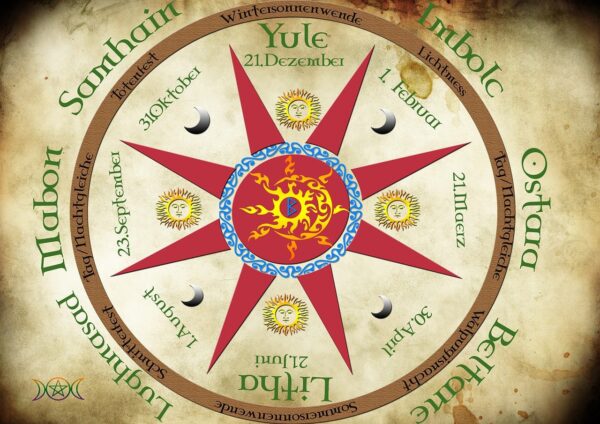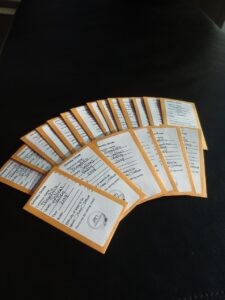
Officially, we are in the latter half of “the big dark”, the period of gray skies, rain, and dark days that starts in October in the northwest. We are headed towards the spring equinox, where the days and nights share equal time in our 24 hour day and the earth’s axis tilts neither away nor toward the sun. For those of us in the northern hemisphere, our spring equinox falls this year on March 19th at 8:06 pm Pacific time. The Puget Sound region sits at about 47 degrees latitude with a profoundly potent dark season compared to other areas in the lower 48 states. On our shortest day in December we don’t even clear 9 hours of daylight, that is if the sun is not rained away or behind clouds! Even the thought of light and dark in our day being equal in length is a heartening and hopeful event. Soon enough though we will be beyond the equinox and looking at longer and longer days, and with that the cascade of spring growth that comes with it. Are you ready?
Here are a couple of ideas to help get you ready and prepared for getting out into the garden and being part of the renewal of spring during this “in between” season.
Order Seeds, Share Seeds, Clean Collected Seeds
If you have collected seeds sitting around, now is the time to get them cleaned of chaff and ready to sow. If you have friends who like to garden have a seed sharing evening or tea party and dole out some of those thousands of lettuce seed you could never grow in your lifetime that you collected from your gorgeous romaine lettuce last summer. Attend a seed library event! The King County Seed Lending Library is hosting the Great Seattle Seed Swap on Saturday, February 24th at the Phinney Center in partnership with Tilth Alliance and invites everyone down to share, swap, or just procure some seed for your garden. If you love to shop well seed buying is a relatively affordable experience, with so many local seed sources available at brick and mortar nurseries, garden centers and even hardware stores, or through online sales. Buy from local companies who grow and test their seed right here in Washington state or close by in Oregon. Or try some adventurous seed and push our new 9a USDA Garden Zone boundaries, trying on some different crops not typically grown here. We are going to be trialing three varieties of okra at the Rainier Beach Urban Farm and Wetlands in three raised beds, with cloching in the spring, to see if any of these relatively short season varieties will produce for us outdoors. Come down and see the crops in process this summer!
Check out some of these northwest seed companies:

Get Potted!
It’s not too early to begin messing around in your container gardens. Add some pansies to the mix, or primrose, both of which are becoming available now, even at the grocery stores. Refresh the soil in your tomato pots, or hanging baskets to get them ready for planting. Add some lettuce seeds, or cilantro, or peas, all of which are amenable to growing in cool soils to a bare container while you wait for May to roll around to get the hot weather crops in. Soil in our garden beds might still be too wet, but containers and the potting soil mixes we use in them drain well and allow you to get growing. A good healthy potting soil smells like earth and not astringent like wood. Woody mixes are ok for plants like blueberries or adding to shrub beds but not the best for annual or perennial plantings. Check the label to see what the top ingredients are and steer clear of soil mixes whose components are primarily woody organic matter. A healthy soil mix can have compost, perlite or vermiculite, coconut coir, and some wood product. It’s also better to skip the added fertilizers and just focus on managing that yourself. Look for OMRI (Organic Materials Review Institute) certified soil products which shows the ingredients were tested and meet the standards of the USDA Organics program. You can find the label printed on the front of the bag of potting soil (or other garden products).

Call the Garden Hotline for Advice – 206-633-0224
Get ready by getting chatty with us. We can help you find resources, discuss trouble spots in the garden, suggest a good book for DIY projects, and so much more. And we are there for you Monday through Saturday from 9 am to 5 pm! Or in the wee hours you can always send an email.